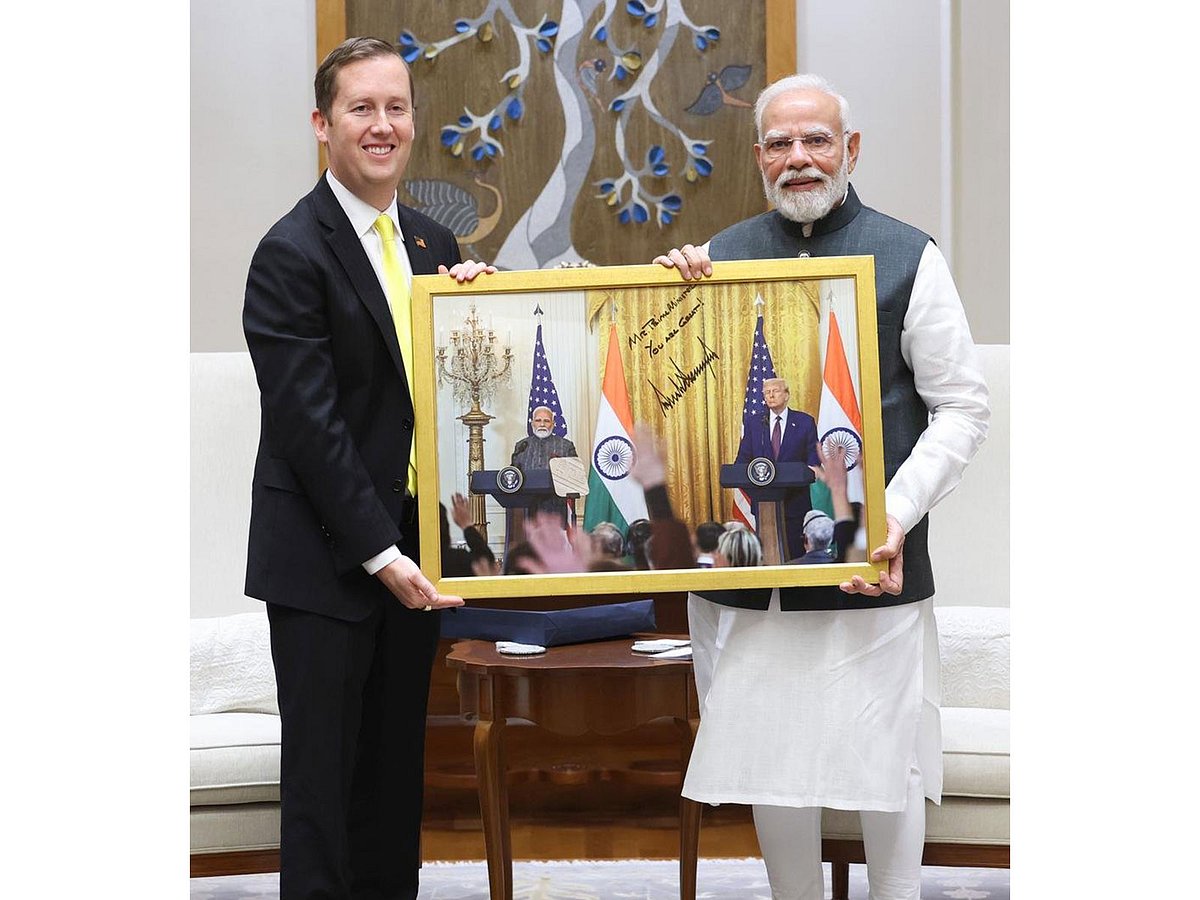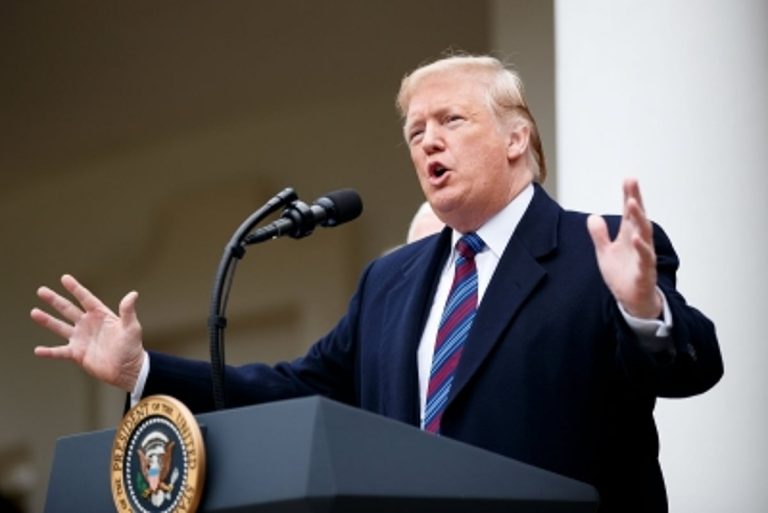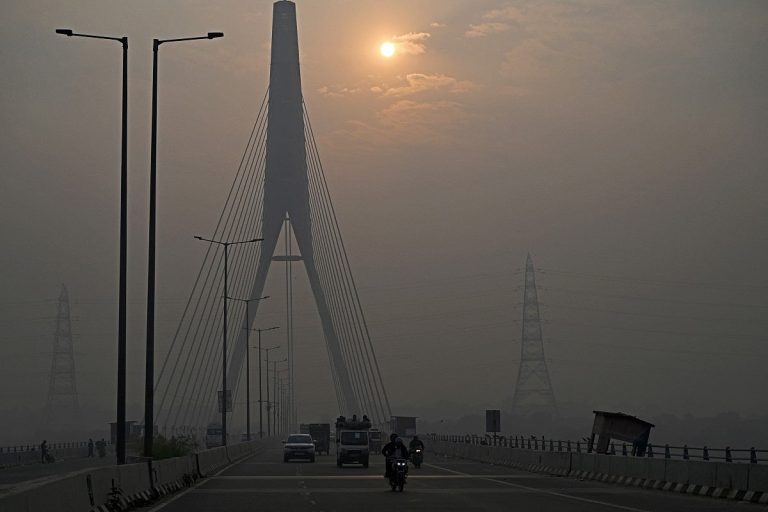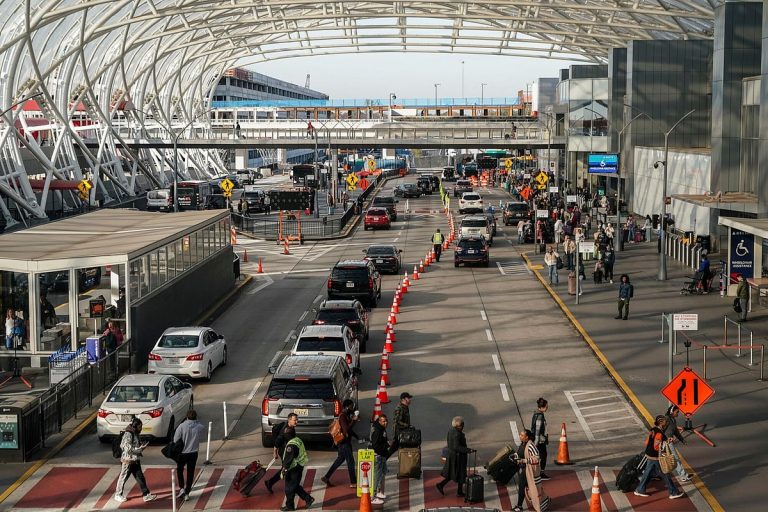US Ambassador Gor Optimistic After Meeting with Modi
The relationship between the United States and India, the world’s two largest democracies, has faced significant challenges in recent months. Issues such as tariffs and trade negotiations have strained ties, prompting the newly appointed US Ambassador to India, Sergio Gor, to engage directly with Indian Prime Minister Narendra Modi in an effort to mend relations.
Key Topics Discussed
During his inaugural meeting with Prime Minister Modi, Ambassador Gor emphasized critical areas of cooperation, including trade, defense, and technology. The discussions also highlighted the importance of critical minerals, which are vital for both nations’ economic and technological advancements. Gor expressed optimism about the future of US-India relations, stating, “I am optimistic about the days ahead for both of our nations.”
Recent Strains in US-India Relations
The US-India relationship has been under pressure due to several factors. President Donald Trump has implemented substantial tariffs on Indian goods, particularly in response to India’s purchase of Russian oil, which the US argues supports Russia’s military actions in Ukraine. Additionally, changes in visa policies, such as the introduction of a $100,000 fee for H-1B skilled worker visas, have further complicated negotiations.
Despite these challenges, both leaders have recently adopted a more conciliatory tone. Modi congratulated Trump on the success of the Gaza peace plan and reaffirmed the United States as a “close friend and natural partner.” This shift in rhetoric suggests a willingness to navigate through the complexities of their relationship.
Ongoing Trade Negotiations
India has been engaged in trade negotiations with the US for some time, but a comprehensive trade deal has yet to materialize. Union Commerce and Industry Minister Piyush Goyal indicated that both nations are in continuous dialogue regarding the proposed bilateral trade agreement. He mentioned that there is a possibility of finalizing the deal by the November deadline, emphasizing India’s commitment to protecting the interests of its farmers and dairy sector in any agreement.
Broader Geopolitical Context
The current state of US-India relations has also influenced India’s approach to other global powers, particularly China. Following a deadly border clash in 2020, relations between India and China have soured, leading India to block numerous Chinese mobile applications and freeze investments from China in critical sectors. As tensions with the US rise, India may find itself reassessing its strategic partnerships.
Conclusion
The recent meeting between Ambassador Gor and Prime Minister Modi marks a hopeful step toward repairing the US-India relationship. While challenges remain, both nations are actively engaging in discussions to address trade and defense issues. As negotiations continue, the focus will be on finding common ground that benefits both countries.
FAQs
What were the main topics discussed in the meeting between Ambassador Gor and Prime Minister Modi?
The main topics included trade, defense, technology, and the importance of critical minerals for both nations.
Why have US-India relations been strained recently?
Relations have been strained due to tariffs imposed by the US, India’s purchase of Russian oil, and changes in visa policies affecting skilled workers.
What is India’s position on the ongoing trade negotiations with the US?
India aims to protect the interests of its farmers and dairy sector while engaging in continuous dialogue to finalize a bilateral trade agreement.
The US-India relationship has historically been characterized by a shared commitment to democratic values and mutual economic interests. Both nations have sought to strengthen their ties through various initiatives, including defense cooperation agreements and joint military exercises. The strategic partnership has been particularly important in the context of regional security dynamics, especially concerning China’s growing influence in Asia. As both countries navigate their respective geopolitical landscapes, the collaboration in defense and technology sectors is expected to play a crucial role in shaping their future interactions.
In addition to trade and defense, climate change and clean energy have emerged as significant areas for potential collaboration. Both nations have recognized the importance of addressing environmental challenges and have expressed interest in working together on renewable energy initiatives. This focus on sustainability could serve as a unifying factor in their relationship, offering opportunities for joint ventures and investments that align with global climate goals. As discussions progress, the ability to balance economic interests with environmental commitments will be essential for both countries.
Also Read:
Trump Announces 100% Tariffs on China Over Rare Earths
Zelensky and Trump Talk Strengthening Ukraine’s Air Defense







